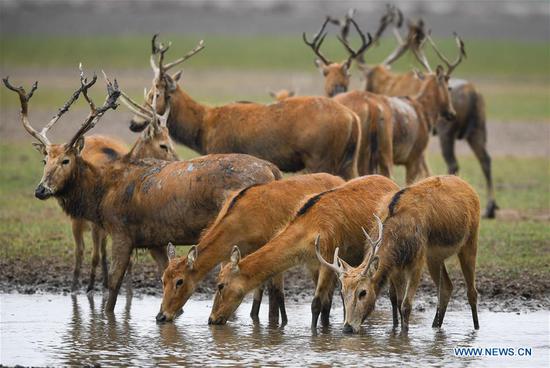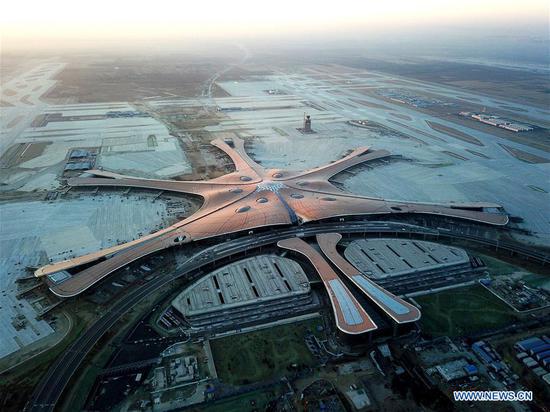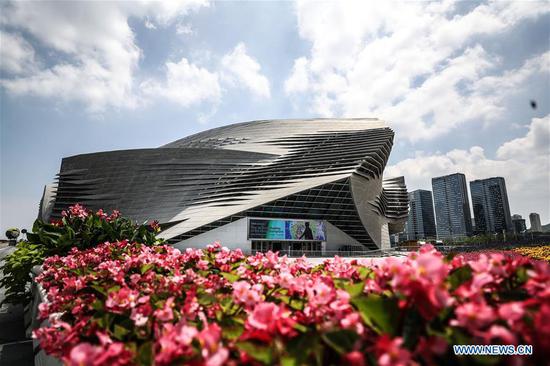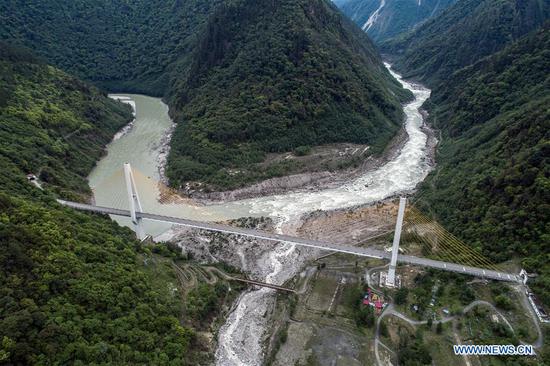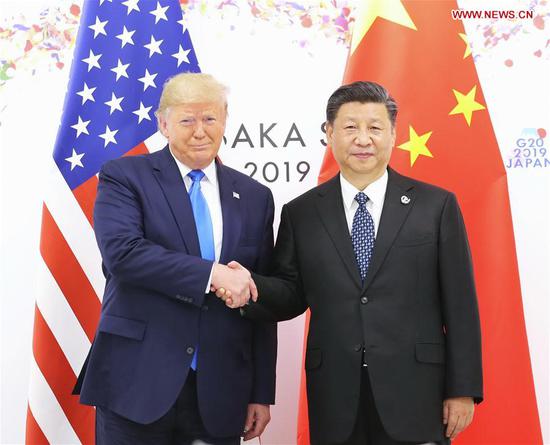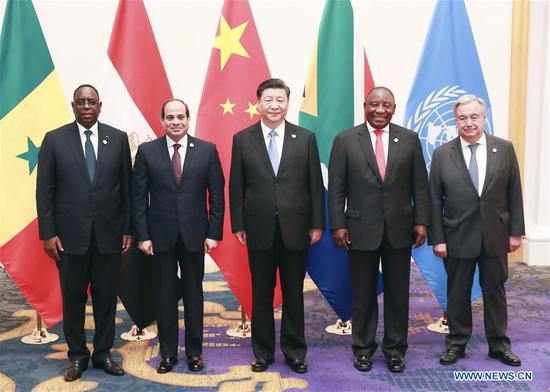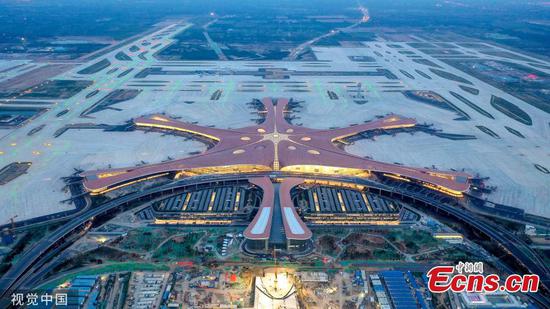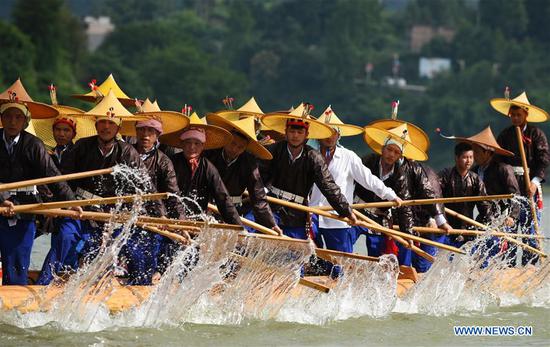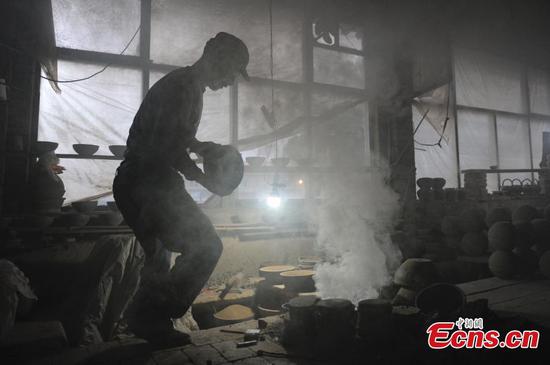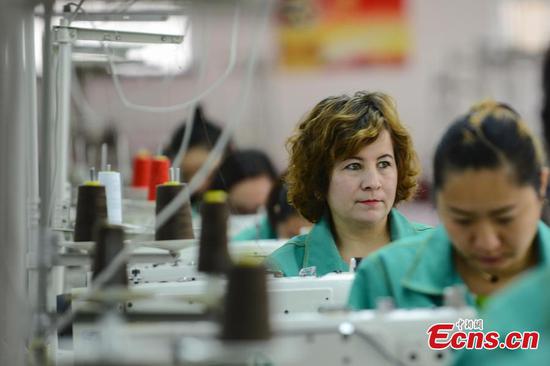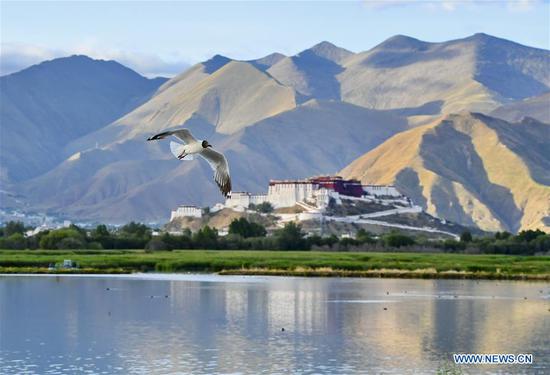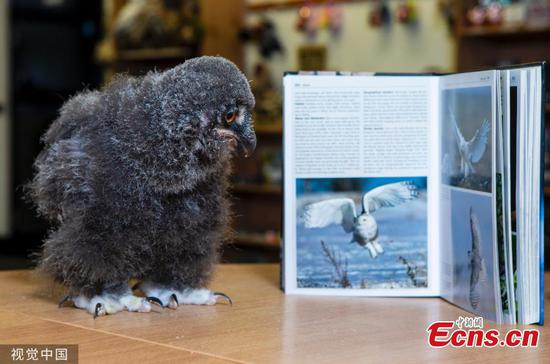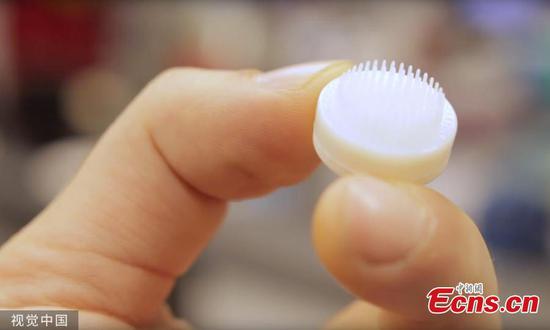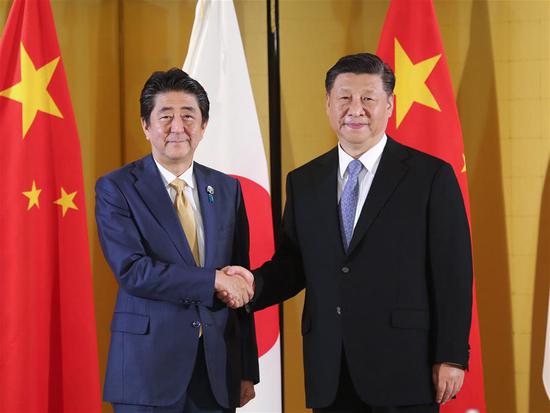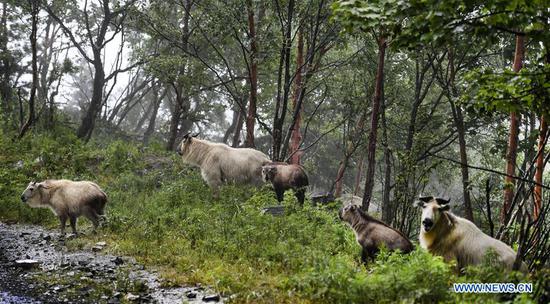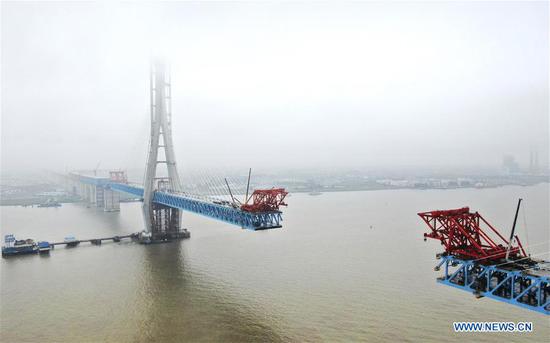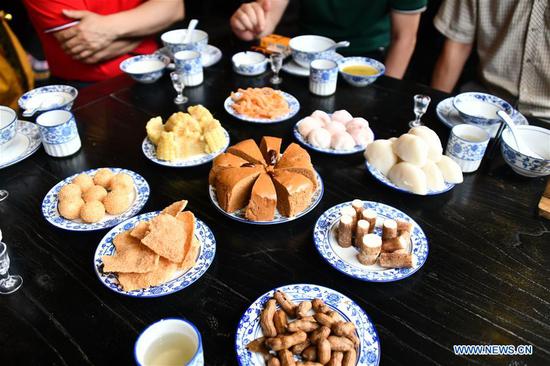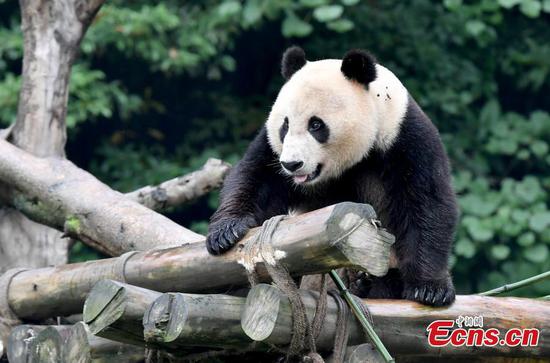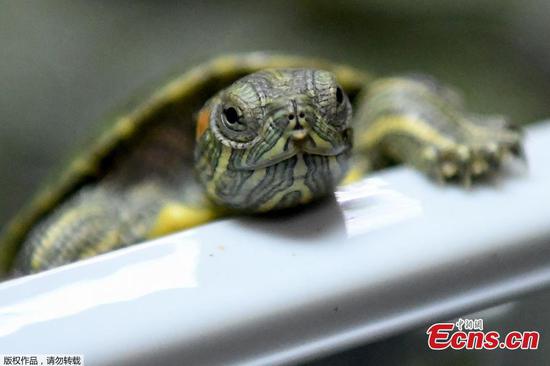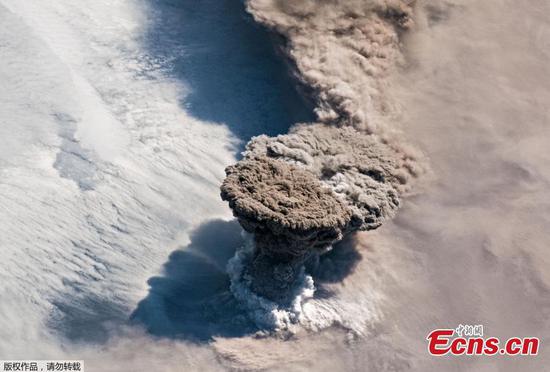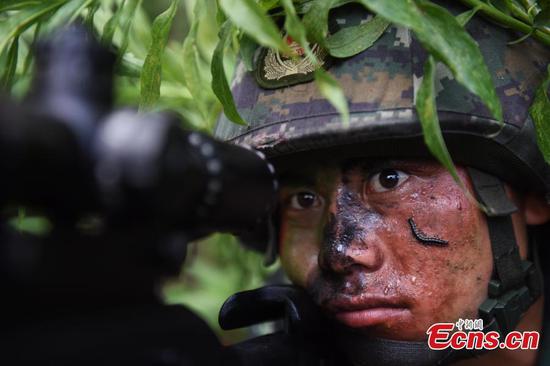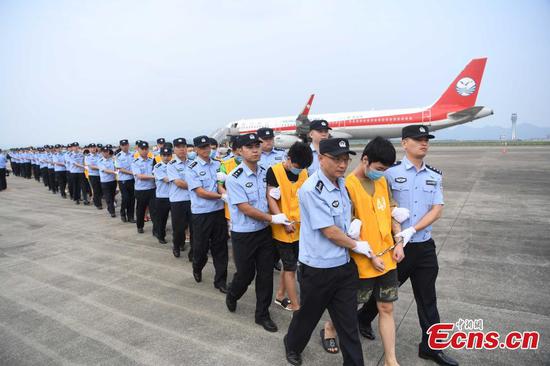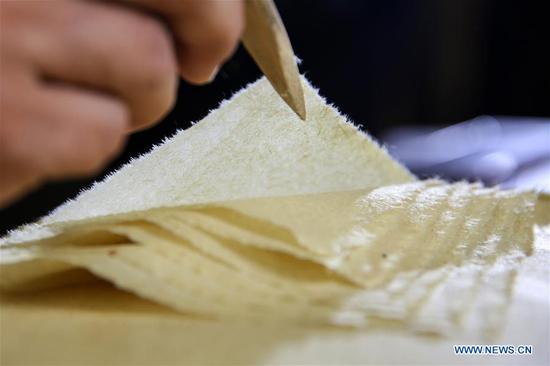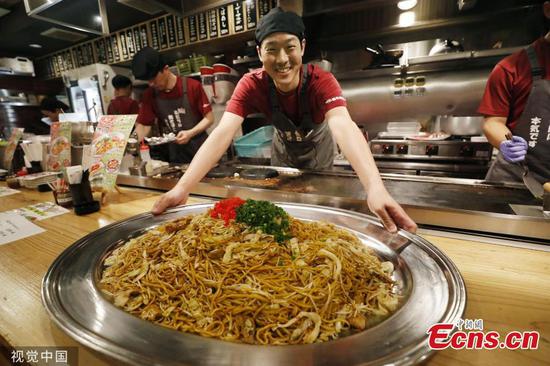China's top legislature passed a vaccine administration law on Saturday that demands the "strictest" management by requiring a more effective whole-process supervision system and toughening penalties on producing and selling fake or substandard vaccines.
The law was adopted after the third reading at a bimonthly session of the Standing Committee of the National People's Congress, which closed on Saturday.
The country's first legislation dedicated to vaccine management, it will go into effect on Dec 1.
According to the law, supervision of vaccines will cover the whole process, from vaccine development, production and distribution, to vaccination.
An electronic information system will be set up to make sure all information about vaccines can be tracked, including production and packaging information, the period of validity, the date of vaccination, and the identities of the medical workers who conduct vaccinations and the recipients. The records must be retained for at least five years after the expiration of the vaccine, according to the law.
To increase the transparency of the industry, vaccine license holders will be required to publish vaccine information on their websites in a timely manner, including product instructions and labels, official approval, recall information, inspections, punishment received and compulsory insurance coverage.
Aside from strengthening whole-process supervision, the new law also toughens penalties on the production and sale of fake or substandard vaccines. Those producing or selling fake vaccines will face fines of up to 50 times the value of the illicit products, while substandard vaccine makers or sellers will face fines of up to 30 times the value. Production and business operations will be suspended for rectification, and drug registration certificates and pharmaceutical production licenses could be revoked.
Meanwhile, criminal suspects involved in the production and sale of problematic vaccines will receive heavier penalties, the law said.
Jiao Hong, head of the National Medical Products Administration, said vaccines are different from other drugs because they concern public health and national security, and the purpose of the law is to guarantee the safety, effectiveness and accessibility of vaccines to ensure public health.
"The law is a special law made on the basis of the general principles of the existing Drug Administration Law and specifies the strictest supervision over vaccines," she said.
The law specifies harsher punishment for illegal producers and sellers of vaccines than for other drugs, she said, and it will help improve the quality of Chinese-made vaccines and enhance public faith in the safety of vaccines.
Yuan Jie, director for administrative law at the NPC Standing Committee's Legislative Affairs Commission, said the standing committee widely solicited public opinion over the past half year - including from vaccine producers, research institutes, prevention and control centers and health and drug authorities - and reviewed three drafts of the law before passing it.
Commission members visited six provinces and municipalities for site inspections and gathered opinions and suggestions from various sectors to ensure the quality of the law while pushing the legislation forward as quickly as possible, she said.
The law was drafted and submitted to the top legislature for a first review in December following a major vaccine scandal involving Changchun Changsheng Bio-tech, a major vaccine producer in Jilin province. An investigation team organized by the State Council revealed in August that the company had violated the law in the production of rabies vaccines for four years, including fabricating production records and using expired materials.
The top drug regulator later ordered the company to pay fines of 9.1 billion yuan ($1.3 billion), and its senior executives are under detention and are facing criminal punishment.
Following the incident, the authorities vowed to establish the strictest supervision of vaccines, including deterrent legislation, to ensure public health.









